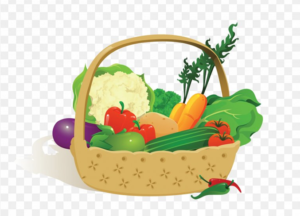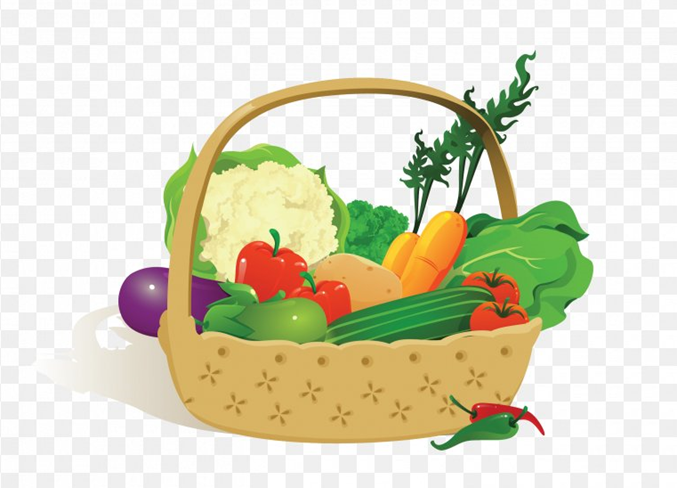FOOD SAFETY PRECAUTIONS

Food safety is a scientific discipline describing handling, preparation, and storage of food in ways that prevent food-borne illnesses. It is very important to make sure the foods we eat are not contaminated with probable harmful bacteria, toxins, parasites & chemicals.
A critical part of healthy eating is keeping foods safe and the precautions are summarized as clean, separate, cook and chill. Individuals in their own homes can reduce contaminants by following safe food handling practices.
- Wash hands with soap and water
Wet hands with clean running water and apply soap. Wash for at least 20 seconds under running water and pat dry with a clean paper towel or hand dryer.
- Sanitize surfaces
Surfaces should be frequently sanitized by washing with mixture of hot soapy water plus disinfectants or bleach.
- Clean and discard refrigerated foods once a week.
At least once a week, throw out refrigerated foods that should no longer be eaten. Cooked leftovers should be discarded after 4 days; raw poultry and ground meats, 1 to 2 days.
- Keep appliances clean
Clean cooking appliances regularly inside-out paying attention to the handles and buttons where cross-contamination from hands can occur.
- Rinse produce
Even if you plan to peel or cut the produce before eating, it is important to thoroughly rinse it first to prevent microbes from transferring from the outside to the inside of the produce.
- Separate foods when shopping
Separate raw foods in plastic bags and store below ready to eat foods in the refrigerator.
Separate foods when preparing and serving. Never place cooked food back on the same plate or cutting board that previously held raw foods.
- Use a food thermometer when cooking
A food thermometer is an appliance used to ensure that food is safely cooked and that cooked food is held at safe temperatures until eaten.
- Cook food to safe internal temperatures
Cook all raw beef, pork, lamb, and veal steaks, chops, and roasts to a safe minimum internal temperature of 145 °F. Cook all poultry, including ground turkey and chicken, to an internal temperature of 165 °F for safety and quality.
- Keep foods at safe temperatures
Hold cold foods at 40 °F or below. Keep hot foods at 140 °F or above. Foods are no longer safe to eat when they have been in the danger zone between 40-140 °F for more than 2 hours
In order to remain healthy, it is important to observe these food safety precautions. Foods must be safely bought, prepared and stored.



